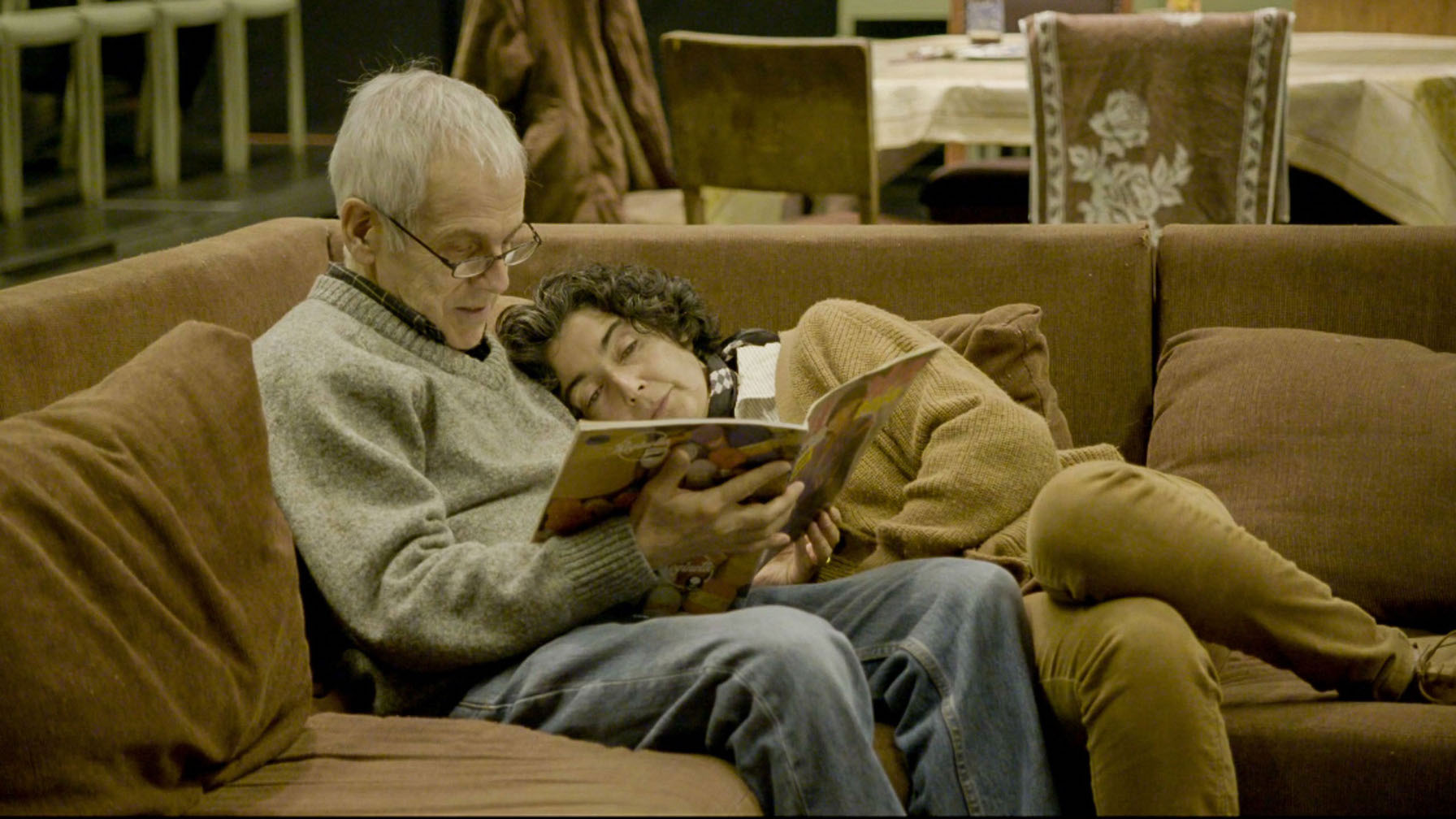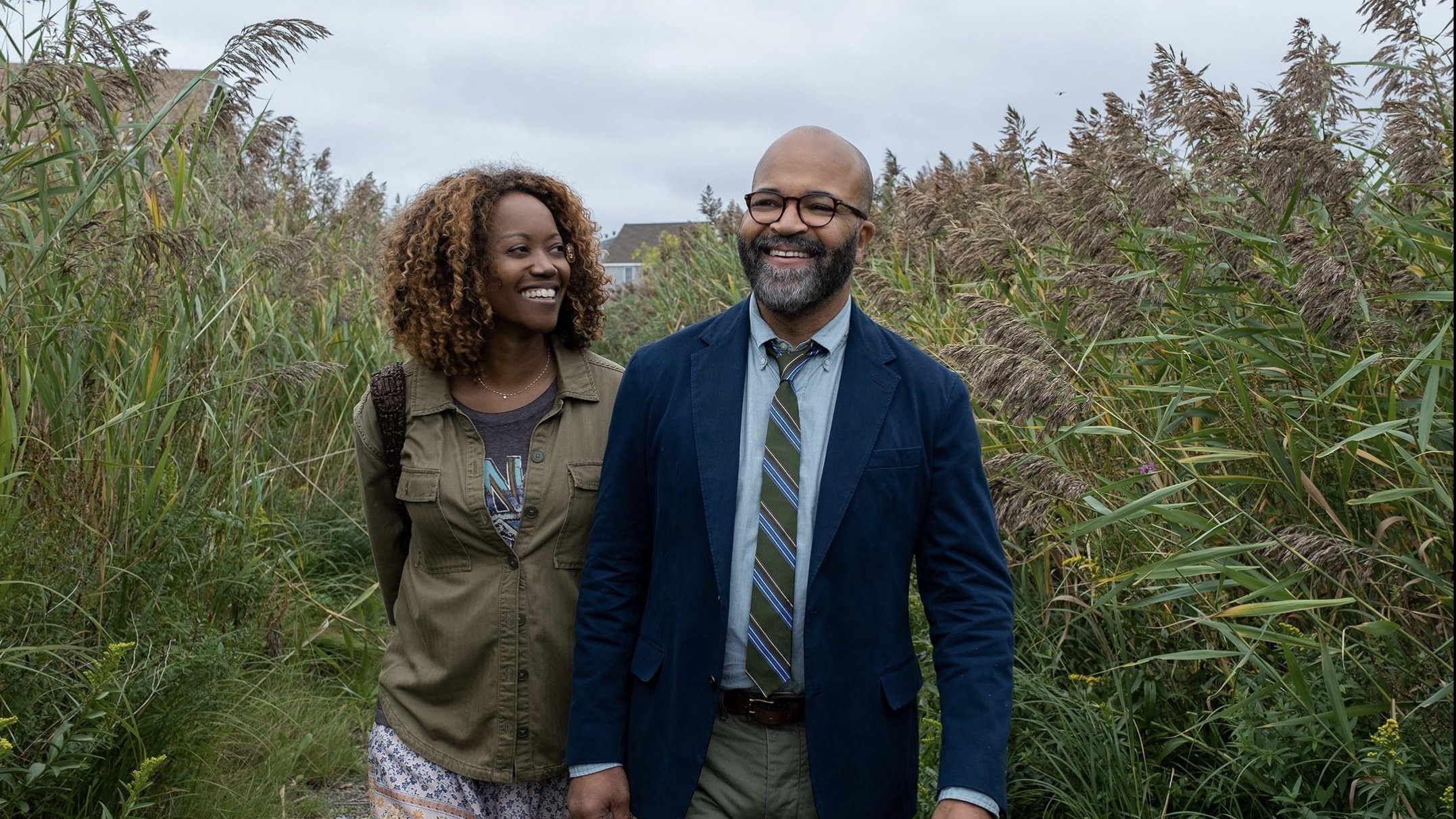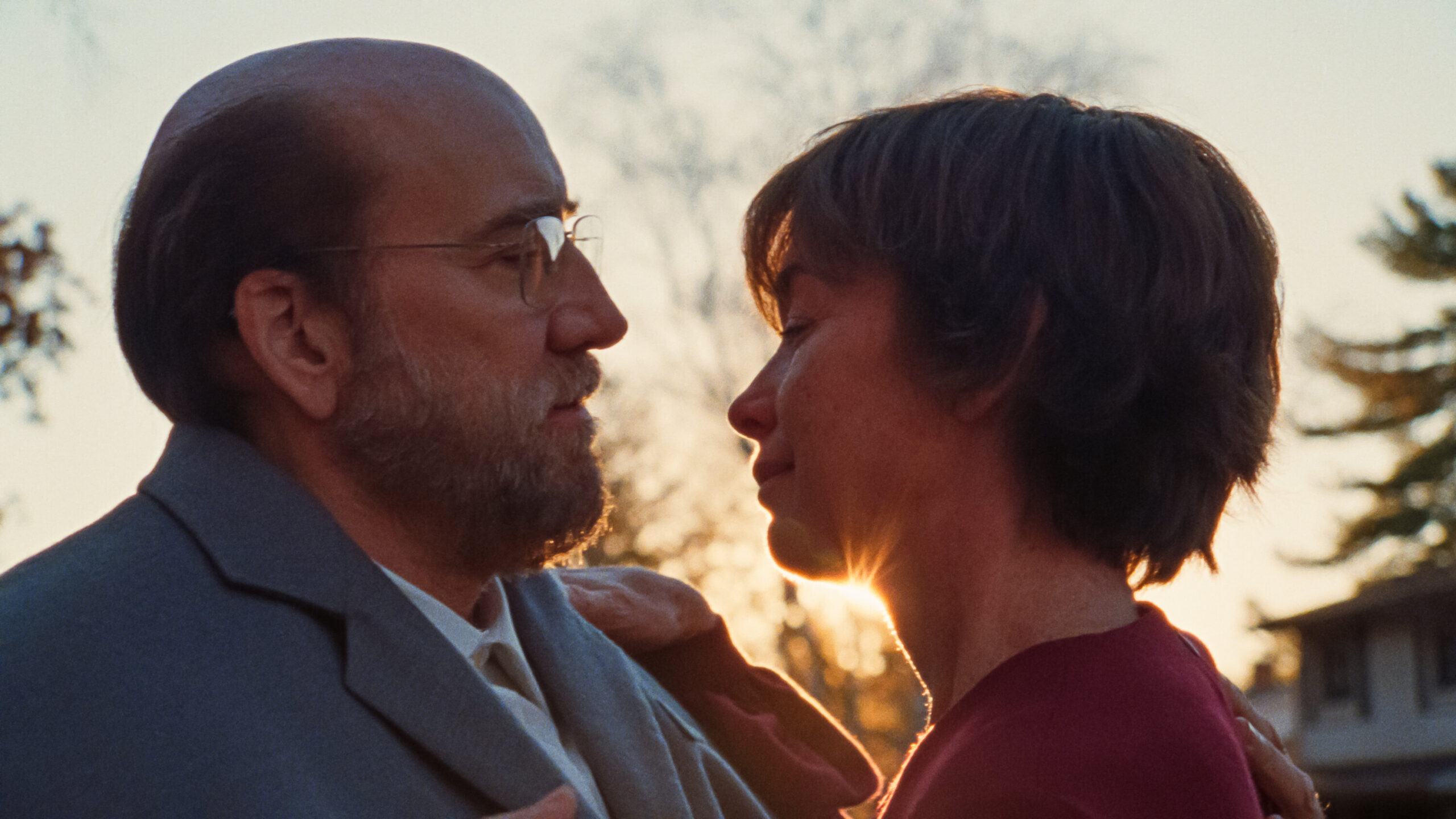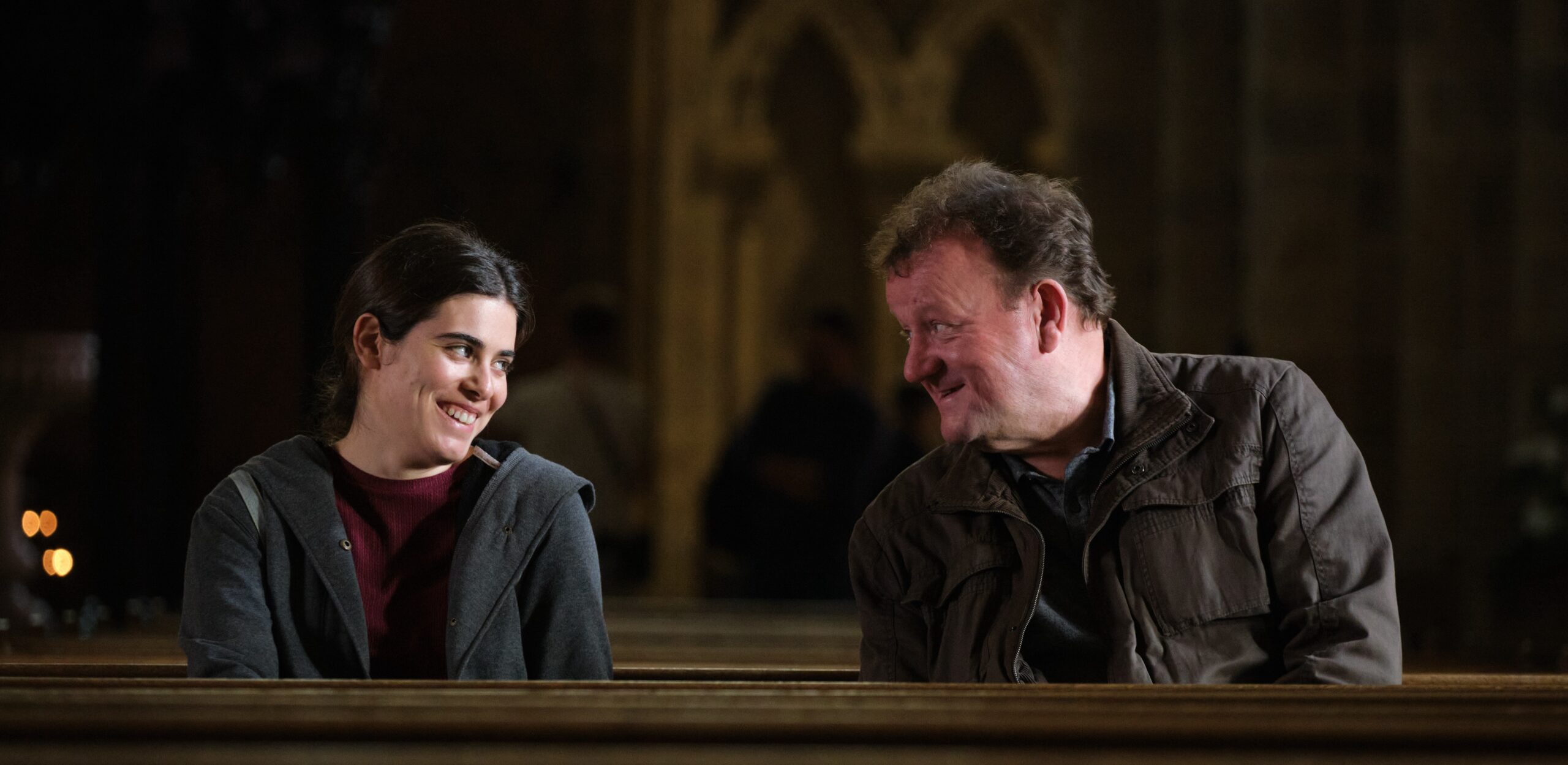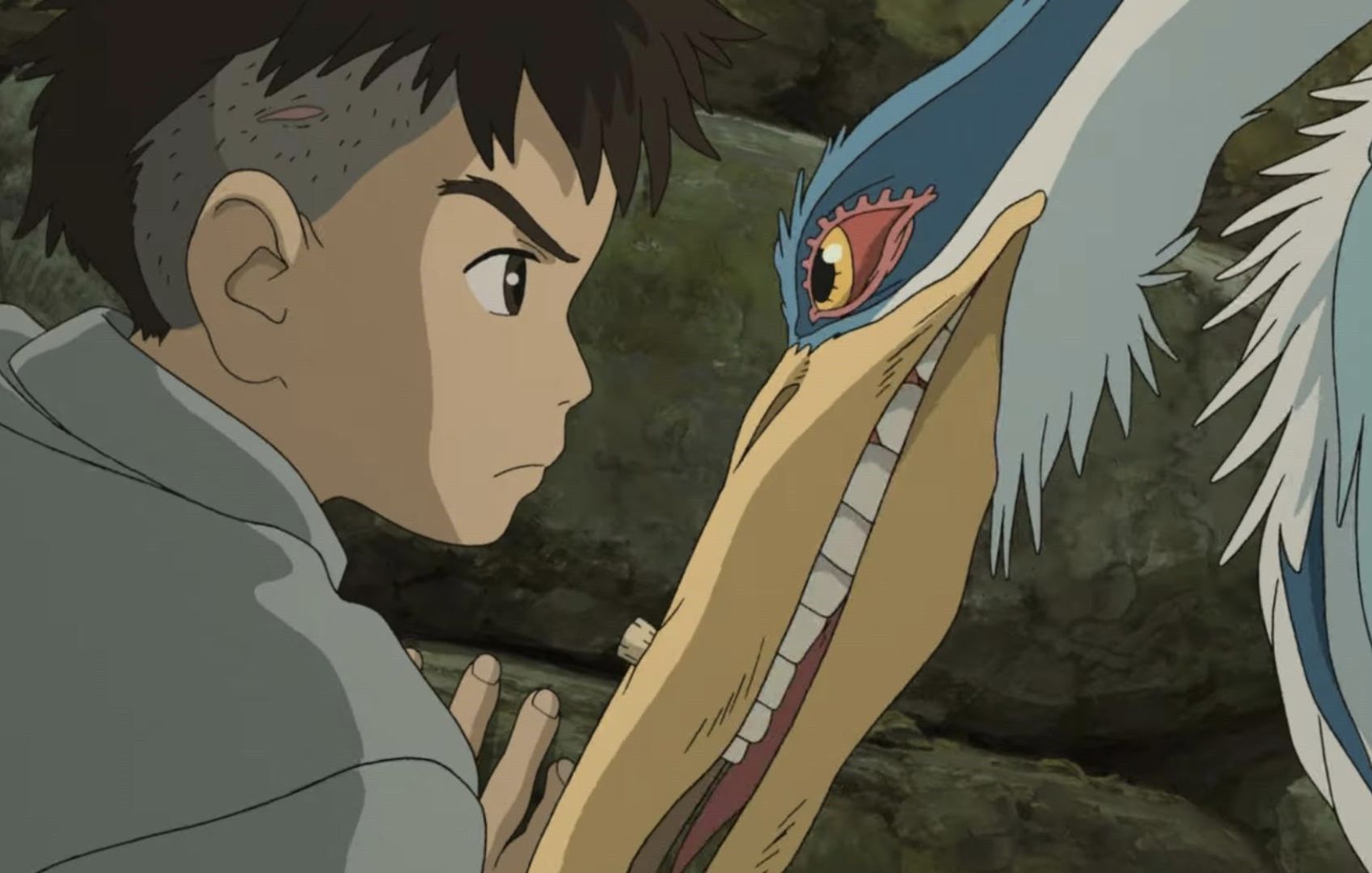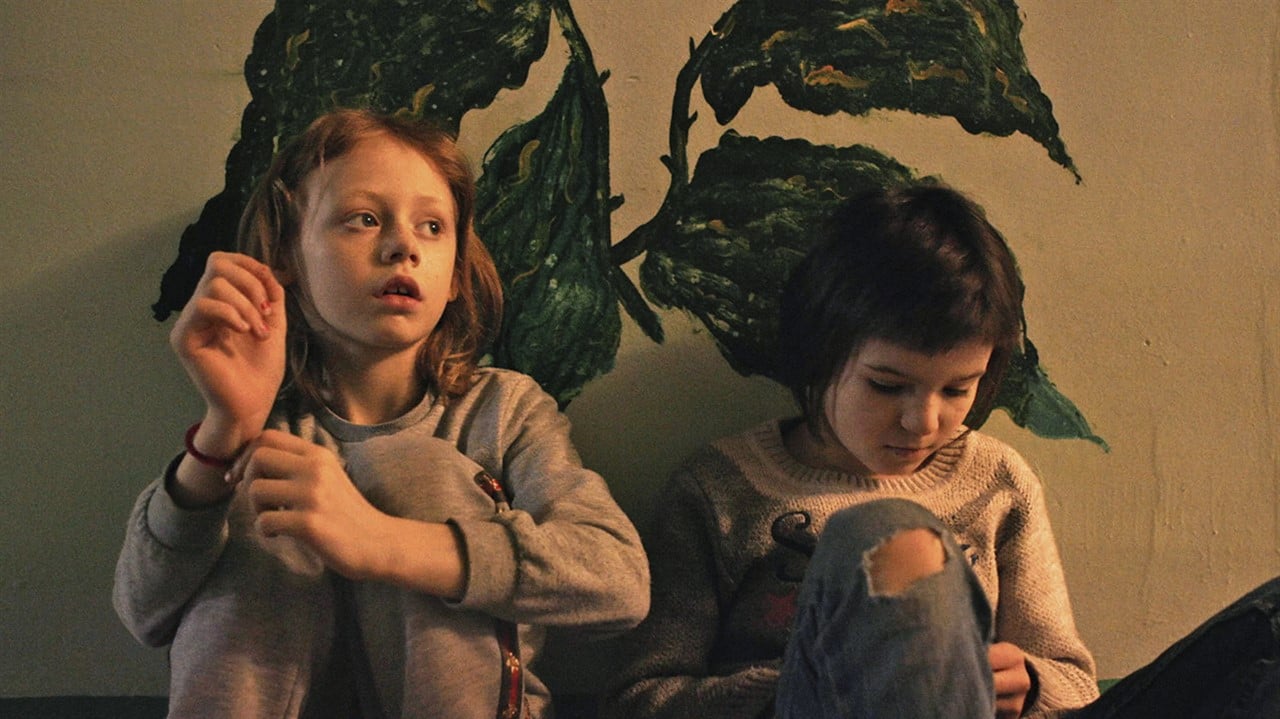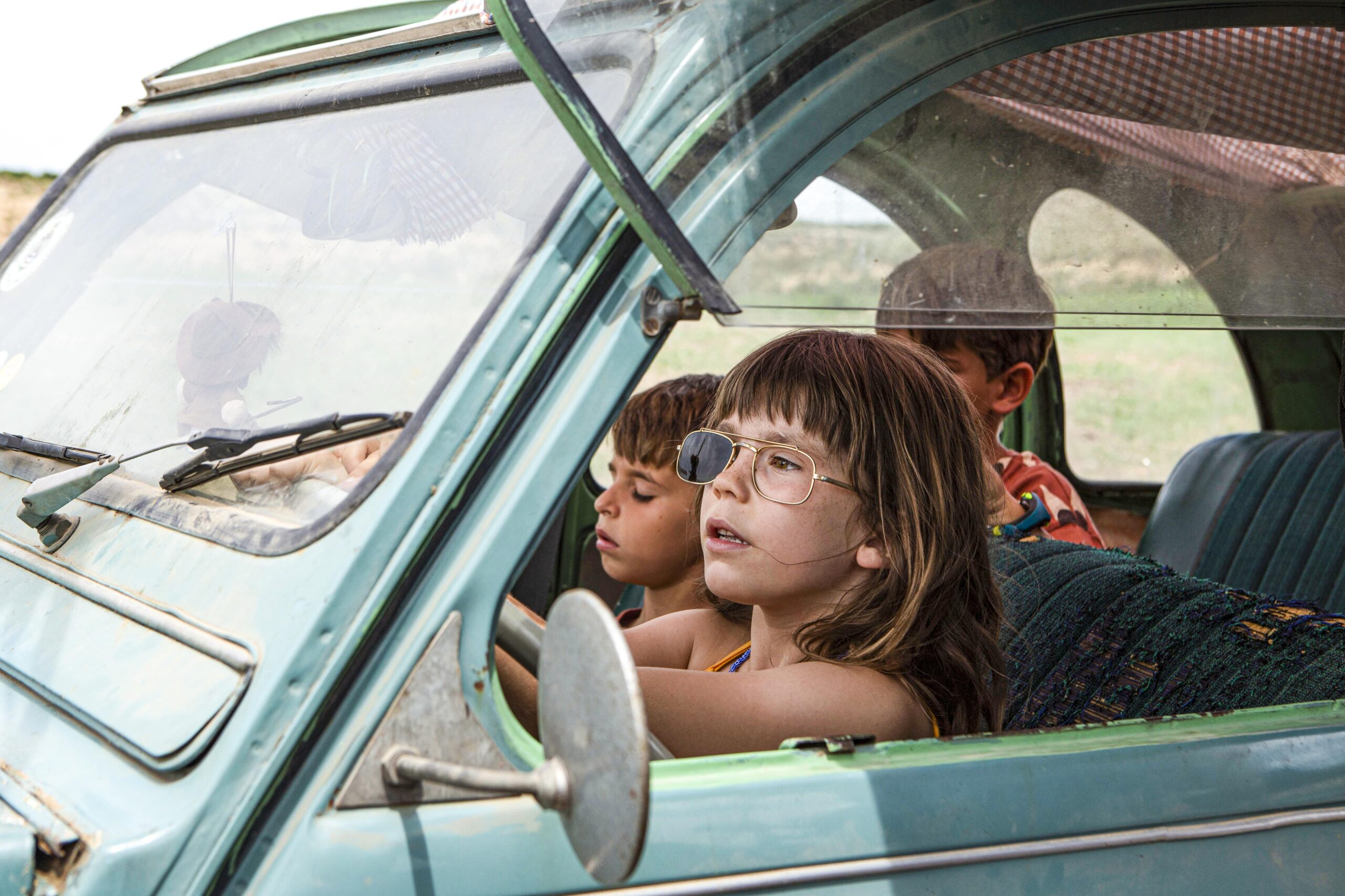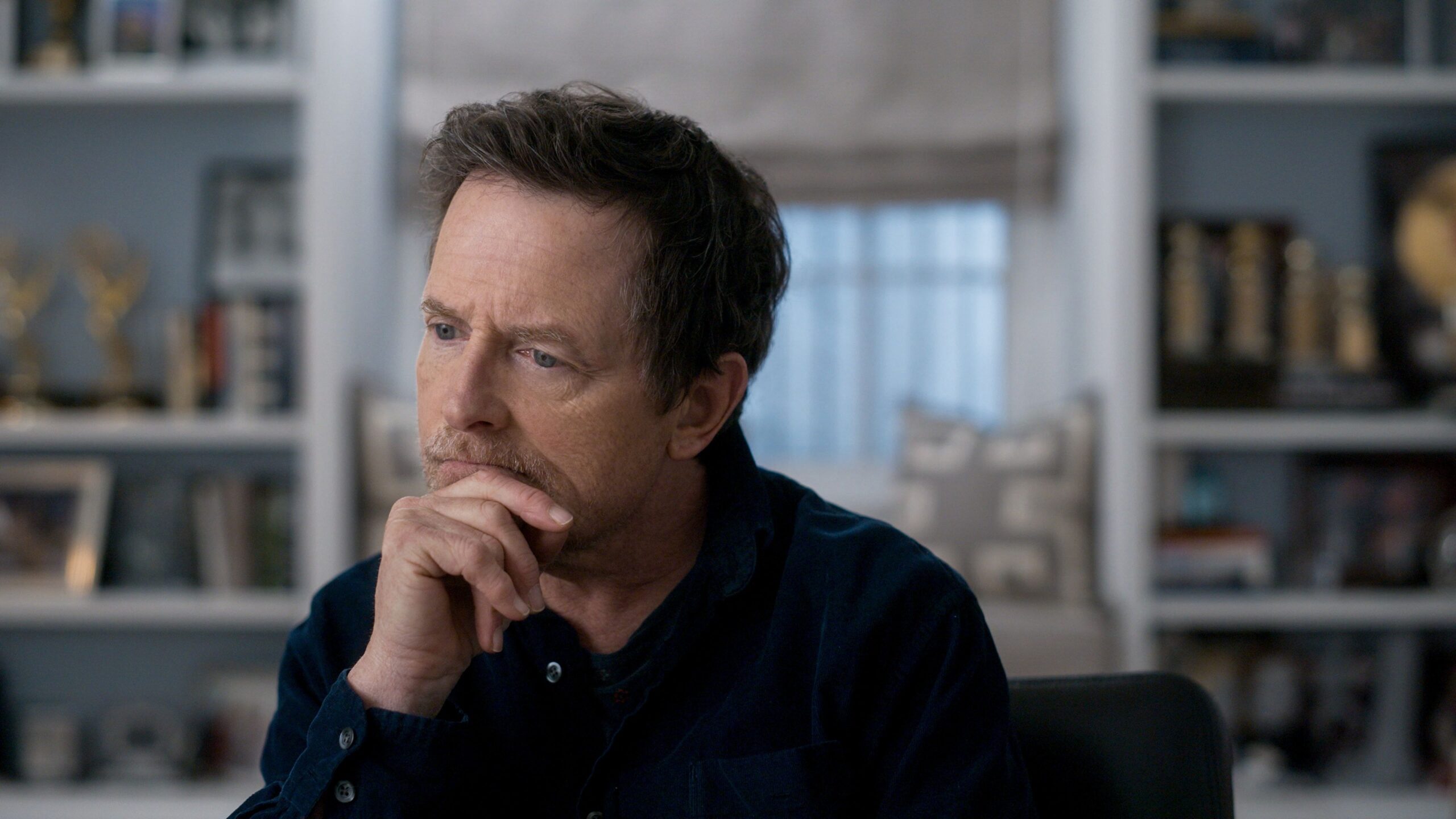
100 Best Movies of 2023 (Regularly Updated)
April 8, 2025
Share:
Even if we put aside comic books and Barbie dolls, 2023 is shaping up to be a surprisingly fun year for movies. Who would have thought, for instance, that telling stories about once-novel now-defunct items like BlackBerry phones and pinball machines would make for a genuinely enjoyable watch? There are plenty of films like these, seemingly silly but unexpectedly good, that we’ve come to like this year, but along with these discoveries, we’re also excited to share our usual favorites: solid indies like Somewhere in Queens, game-changing dramas like A Thousand and One, genre revelations like Rye Lane. Whatever your inclination, we’re sure you’ll find much to like in our list of the best movies 2023 has to offer.
If you’re looking for fresher fare, you can also take a look at our regularly updated list of favorites this 2024.
Read also:
51. The Eternal Memory (2023)
Genres
Director
Actors
Moods
Documentaries about people suffering from dementia, Alzheimer’s, or other neurodegenerative diseases will always occupy a bit of an uneasy space—how much consent can they really provide in their condition? At what point does presenting their struggles become exploitative? Maite Alberdi’s The Eternal Memory doesn’t entirely assuage these concerns, but it certainly knows better than to define its characters by the things that they lack. In fact, much of this film’s romance comes from the image of Pauli and Augusto (who sadly passed away earlier this year) simply sharing space together, present in one another’s routines even as the gap between their shared understanding grows. Their life is one populated by art and literature, which seems to act as both a cage and a liberating escape throughout their relationship.
In the times when Augusto’s struggle with basic cognition is too severe, Alberdi doesn’t look away, and the resulting footage is truly painful to watch. But it should be emphasized that Alberdi displays the same attentiveness to the couple’s ordinary moments of quiet contemplation or married-life silliness without allowing them to be reduced into tragedy in retrospect. The film never tries to define their bond as either purely doomed or hopeful. For them, the mere possibility of love continuing to persist even in brief flashes is enough.
52. American Fiction (2023)
Genres
Director
Actors
Moods
On the one hand, American Fiction is a razor-sharp satire that pokes fun at the hypocrisy of the literary and entertainment industry. It’s only when Monk (Wright), a genius but esoteric writer, decides to pander and give in to what publishers have come to expect from Black authors (that is: trauma porn) that he is finally celebrated for his work. But on the other hand, the film is also a tender family drama. Monk sells out, as it were, partly because he’s fascinated by the stupidity of decision-makers and supposed intellectuals, but mostly because he needs to pay for his ailing mother’s care. His relationship with his siblings and deceased father likewise informs much of his character, and they complicate what could’ve been just an intellectual approach to a social issue. This is an educational and entertaining film, yes, one that looks at the complex intersection between identity, craft, and profit. But it’s also an empathetic film, told with a big heart and a surprisingly light touch.
53. Dream Scenario (2023)
Genres
Director
Actors
Moods
There’s a lot to think about in Dream Scenario, which posits the possibility of collectively seeing the same real man in your dreams. Norwegian filmmaker Kristoffer Borgli drops the painfully ordinary Paul (Cage) in an extraordinary reality to show us how easily one can spiral into insanity, how dangerous groupthink can be, how fickle cancel culture is, and how anything can happen to anyone, even to someone as unsuspecting as Paul. But Borgli doesn’t just experiment with ideas here, he also expertly plays with sounds and transitions, sometimes even cutting a scene before someone is done talking, to capture the skittish and unreliable language of dreams. More impressively, he takes into account how this phenomenon would play in our real, profit-oriented world. The capitalistic urge to make Paul an advertising tool, for instance, or to create tech that makes it possible for others to appear in dreams too, is both uncanny and depressingly realistic. Some might feel that Borgli is biting off more than he can chew but there’s a balance and ease to Dream Scenario that makes it feel inevitable. That’s thanks to Borgli’s brilliant direction but also, in no small part, to Cage’s inspired performance as a pathetic but harmless loser.
54. Do Not Expect Too Much from the End of the World (2023)
Genres
Director
Actors
Moods
With a title like this, it was expected that Do Not Expect Too Much from the End of the World would be critical of today’s current circumstances, but the film takes a more startling approach. Radu Jude’s longest narrative feature is a day in the life of a disgruntled, underpaid production assistant, and as she drives between interviewees injured from work accidents, the film alternates between the black-and-white, terribly mundane reality, her Tiktok-filtered satirical rants as Bobiță, and an old colored film of a Romania decades past. It’s a cynical depiction of how vulgar it is to be alive today, but it’s also more honest as Jude refuses to cling to the past.
55. The Old Oak (2023)
Genres
Director
Actors
Moods
Renowned British director Ken Loach’s signature traits are present in The Old Oak: simple, humanistic, and unapologetically hopeful. But this time, we see things unfold through the eyes of Turner’s TJ and Ebla Mari’s Yara, whose endearing friendship anchors the film. They prove that seemingly conflicting things can coexist, like workers’ and immigrants’ rights, local and newcomer needs, old and new ideals. Loach hones in on his characters’ rich and specific lives so that his message doesn’t come across like an advocacy poster, but a richly woven tapestry filled with beautiful and complex meanings. Because it tackles heavy themes, The Old Oak might sound like it’d be heavy to watch, but as in most of the director’s work, you’ll no sooner be uplifted by an outpouring of hope and love.
56. The Boy and the Heron (2023)
Genres
Director
Actors
Moods
The Boy and the Heron isn’t Hayao Miyazaki’s best film, nor is it his most accessible, seeing as the director himself has admitted to getting lost in the world he’s built here. But it is his most personal film to date (apparently he’s out of retirement!) and consequently, it’s one of the most complex Ghibli films to exist. It eschews structure for pure, raw emotion so instead of dialogue and plots, you get wonderfully abstract fantasy worlds and protagonists with near-imperceptible depths. You don’t have to get the story to understand the heaviness, grief, joy, and hope that Mahito, and in turn Miyazaki, feel. You only have to see the delicate turns in the characters’ expressions and their wildly imaginative adventures.
57. A House Made of Splinters (2022)
Genres
Director
Moods
Somewhere near the border between Russia and Ukraine lies a shelter for kids coming from unstable homes. Their parents, either alcoholics or abusers, have nine months to prove that they’re fit to look after their children; otherwise, the kids are sent straight to the orphanage, with no chance of a goodbye. A House Made of Splinters is a documentary that quietly and closely follows the shelter’s occupants amid growing joys and pains, not to mention the ever-present danger of war.
Perhaps one of the most striking things about A House Made of Splinters is how attuned it is to the kids. It serves as a reminder of their immense sensitivity and observational skills (more than once, you’ll hear a child assess their home situation in the calmest of manners), as well as their clever ingenuity (there’s a lot of playing going on despite everything, which is heartwarming to watch.
58. Alcarràs (2023)
Genres
Director
Actors
Moods
On one level, Alcarràs is a story about land, about how inextricable it is to livelihood, about how ownership of it has bred conflict since time immemorial. Director Carla Simón emphasizes this even more by hiring actual Catalan farmers as the leads. We’re not just watching the Solés sing and fight for their land, but Alcarràs natives who are also very much at risk of losing what’s theirs in real life. The acting comes off as natural because it is.
But on another level, Alcarràs is also a story about family, in particular about how family ties run so deep, they’re bound to coil around each other under the ground they’re rooted in. Like a family portrait come to life, Alcarràs shows us the beauty and the peril of loving your family and the legacy they leave behind as much as the Solés do.
59. Still: A Michael J. Fox Movie (2023)
Genres
Director
Actors
Moods
There’s a scene early in the documentary when present-day Michael J. Fox, who famously suffers from Parkinson’s Disease, swaggers along a street and greets a fan, only to stumble at that very moment and have people surround him with concern. Instead of giving into their pity or pretending nothing happened, he cooly tells the fan, “It was so nice meeting you, you knocked me off of my feet!”
This brief moment tells you all you need to know about the ‘80s icon—Fox refuses to be a victim. Still is his brilliant and admirable attempt at telling his well-known story on his own terms. It covers everything from his childhood and early work in Hollywood to his life-changing roles in Family Ties, Teen Wolf, and most memorably, Back to the Future. It also sheds light on Fox’s life as a husband, father, and Parkinson’s sufferer. Director Davis Guggenheim (An Inconvenient Truth) does a genius job of using faceless reenactments and cuts from films and TV shows to accompany Fox’s narration, which pumps the film with a dynamism that matches Fox’s resilient spirit.
Urgent, clever, and exciting, Still is one of the rare celebrity biographies that serves a higher purpose than just recounting a famous person’s life. Anyone who understands the importance of constantly moving and evolving will appreciate this film’s existence.
60. Monica (2022)
Genres
Director
Actors
Moods
There is so much simmering under the surface of Monica. When her mother Eugenia (Patricia Clarkson) falls gravely ill, the titular character (played by Trace Lysette) returns home for the first time since being turned out as a youngster for her transgender identity. But whatever illness Eugenia has has addled her brain, and she seemingly doesn’t suspect that the woman who has come to help care for her is the daughter she rejected all those years ago.
Co-writer and director Andrea Pallaoro puts an understated spin on what could be an explosive scenario by letting much go unspoken, frequently framing Lysette’s face in long and wordless static shots. If the filmmaking edges towards being a little too patient at times, the naturally engaging Lysette keeps a firm hold of our attention with a vulnerable performance that expresses much without words. These infrequent wobbles aside, Monica’s restraint is to its credit: by not laying the drama on thick, all sorts of poignant nuances are allowed to bubble up, like the paradoxical difficulties and extraordinary intimacy that come with physically caring for a loved one. In choosing not to give Eugenia and Monica a direct confrontation or moment of revelation, too, the movie opens up to another beautiful possibility: acceptance, finally.
Read also:
Comments
Add a comment
Ready to cut the cord?
Here are the 12 cheapest Live TV streaming services for cord-cutting.
More lists
Lists on how to save money by cutting the cord.
Curated by humans, not algorithms.
© 2025 A Good Movie to Watch. Altona Studio, LLC, all rights reserved.
